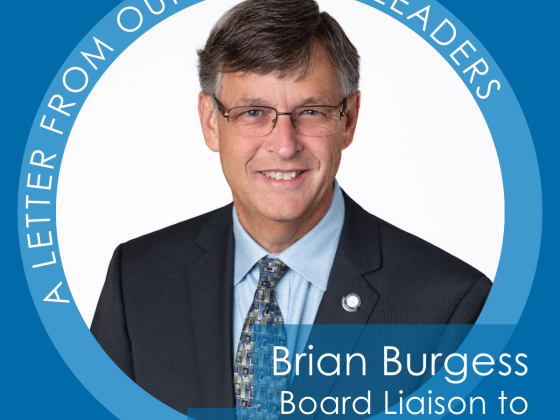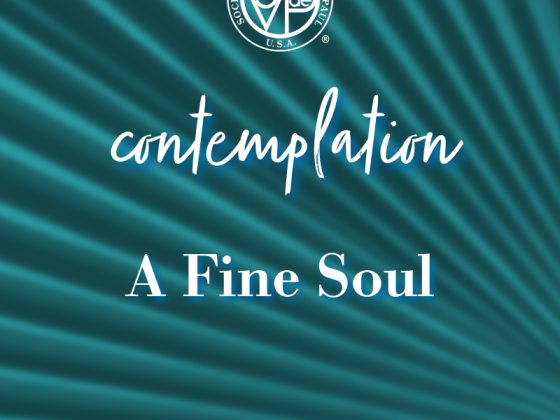By Timothy Williams, Senior Director of Formation and Leadership Development
“When I am formed,” a teenaged Frédéric lamented, having been assured by his spiritual director that his many doubts would be eased at that time, “When will that day come?” [13, to Materne, 1830] He might as well have asked when the Grand Canyon would be fully formed, shaped as it is, slowly and over time by the gentle influence of water and wind.
Yet rocks in canyons are simple things whose formation is only physical. Unlike rocks and canyons, our formation cannot be completed by a passive reaction to external, physical forces. We are not bodies with a spirit, nor spirits trapped in bodies. Instead, we are created as whole and unitary beings, endowed with the capacity for faith and reason, able to seek and perceive the transcendent, “created in the image of God… at once corporeal and spiritual.” [CCC, 362-368]
Indeed, our Greatest Commandment instructs us not to love God only spiritually, but “with all your heart, with all your soul, with all your mind, and with all your strength” – with our whole person. We are called as Christians to union with our Creator. It is our purpose. Formation, then, is not a single thing that we do in order to check off a task so that we can move on to another. Instead, formation is a lifelong process of becoming as God intends us to be.
For Vincentians, our vocation is the pathway towards this formation. As our Foundation Document on formation explains, this encompasses four different dimensions: human, spiritual, intellectual, and ministerial. So while our formation includes training, primarily within the intellectual dimension, it can’t be limited only to our minds. Unlike the rocks of the canyon, we are actively involved in our own formation and in each other’s formation. We form and are formed within our community of faith, and in our Vincentian friendship.
We love God, as Jesus commanded, and St. Vincent taught, with the strength our arms and the sweat of our brows through our person-to-person service of the poor. By itself, that service forms us only in part. It is in the prayer, reflection, and sharing with each other that surrounds our service that it begins to form our whole persons. With the inspiration of the Holy Spirit, in our works and in our prayers, we form ourselves and each other, for “no one is saved alone.” [FT, 32]
The Grand Canyon, we may say, is in its great beauty and according to its nature, perfect. It is fully formed. Our nature and our faith call us to be formed for more than beauty, but rather so that we might be “perfect, just as [our] heavenly Father is perfect.”
When will that day come?
Contemplate
Do I seek to grow closer to God in heart, mind, body, and spirit in this Vincentian vocation?



